(srpski) Djeca rođena zbog rata: ‘Ime jednog roditelja’
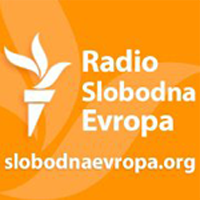
Sorry, this entry is only available in srpski.


Sorry, this entry is only available in srpski.
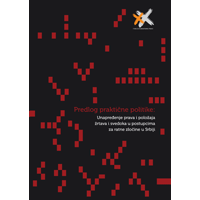
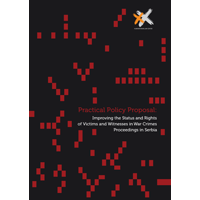 On Friday, 6th December 2019, at 11:00 a.m., the Humanitarian Law Center (HLC) will present its “Policy paper: Enhancing the rights and position of victims and witnesses in war crimes trials in Serbia”. The presentation will take place in the Main Conference Hall of the Media Center in Belgrade (Terazije 3, 2nd floor).
On Friday, 6th December 2019, at 11:00 a.m., the Humanitarian Law Center (HLC) will present its “Policy paper: Enhancing the rights and position of victims and witnesses in war crimes trials in Serbia”. The presentation will take place in the Main Conference Hall of the Media Center in Belgrade (Terazije 3, 2nd floor).
Drawing upon its long-term experience with war crimes prosecutions in Serbia, the HLC has identified certain problems and shortcomings in the existing victim/witness protection system, and prepared a policy paper for enhancing the rights and position of victims and witnesses in war crimes trials in Serbia.
Speakers:
Simultaneous translation into English will be provided.
 From November 5 to 10, 2019, the Sixth Transitional Justice School (TJ School) of the Humanitarian Law Center (HLC) was held. The TJ School was attended by 18 students of law, political science, history, Scandinavian languages and sociology, as well as activists from Serbian non-governmental organisations.
From November 5 to 10, 2019, the Sixth Transitional Justice School (TJ School) of the Humanitarian Law Center (HLC) was held. The TJ School was attended by 18 students of law, political science, history, Scandinavian languages and sociology, as well as activists from Serbian non-governmental organisations.
The participants gained knowledge about the concept and mechanisms of transitional justice, and its application in Serbia in the context of the armed conflicts in the former Yugoslavia, with a consideration of case studies of crimes committed in Bosnia and Herzegovina, Croatia and Kosovo. In addition to the opportunity to learn the facts established before the International Criminal Tribunal for the former Yugoslavia (ICTY), the participants had the opportunity to hear about the results and challenges of war crimes prosecutions before the courts in Serbia, Croatia, BiH and Kosovo. Besides learning about the facts established before the ICTY and national courts, the participants also had the opportunity to learn about topics related to institutional reform, lustration, and reparations, as well as topics related to memorialisation.
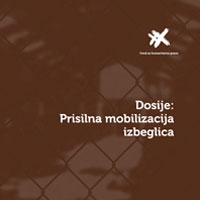
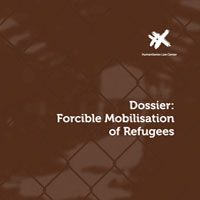 From the outbreak of war in Croatia and BiH, and especially in connection with the Croatian military-police operations “Flash” and “Storm”, about 500,000 Serbs, citizens of Croatia and BiH, fled to Serbia. Tens of thousands of Serbs from Croatia fled to Serbia during 1991 and 1992. They mostly exchanged their houses and property with Croats from Vojvodina, who, under pressure from the Serbian Radical Party and paramilitary groups, left Serbia. At least 200,000 people fled Croatia from May until the end of August 1995, during and after the “Flash” and “Storm” operations of the Croatian Army and the MUP. Most of the refugees were accommodated in reception centres across Serbia, in old hotels, unused public facilities, or with relatives and friends, and only a few were able to rent an apartment.
From the outbreak of war in Croatia and BiH, and especially in connection with the Croatian military-police operations “Flash” and “Storm”, about 500,000 Serbs, citizens of Croatia and BiH, fled to Serbia. Tens of thousands of Serbs from Croatia fled to Serbia during 1991 and 1992. They mostly exchanged their houses and property with Croats from Vojvodina, who, under pressure from the Serbian Radical Party and paramilitary groups, left Serbia. At least 200,000 people fled Croatia from May until the end of August 1995, during and after the “Flash” and “Storm” operations of the Croatian Army and the MUP. Most of the refugees were accommodated in reception centres across Serbia, in old hotels, unused public facilities, or with relatives and friends, and only a few were able to rent an apartment.

Sorry, this entry is only available in srpski.